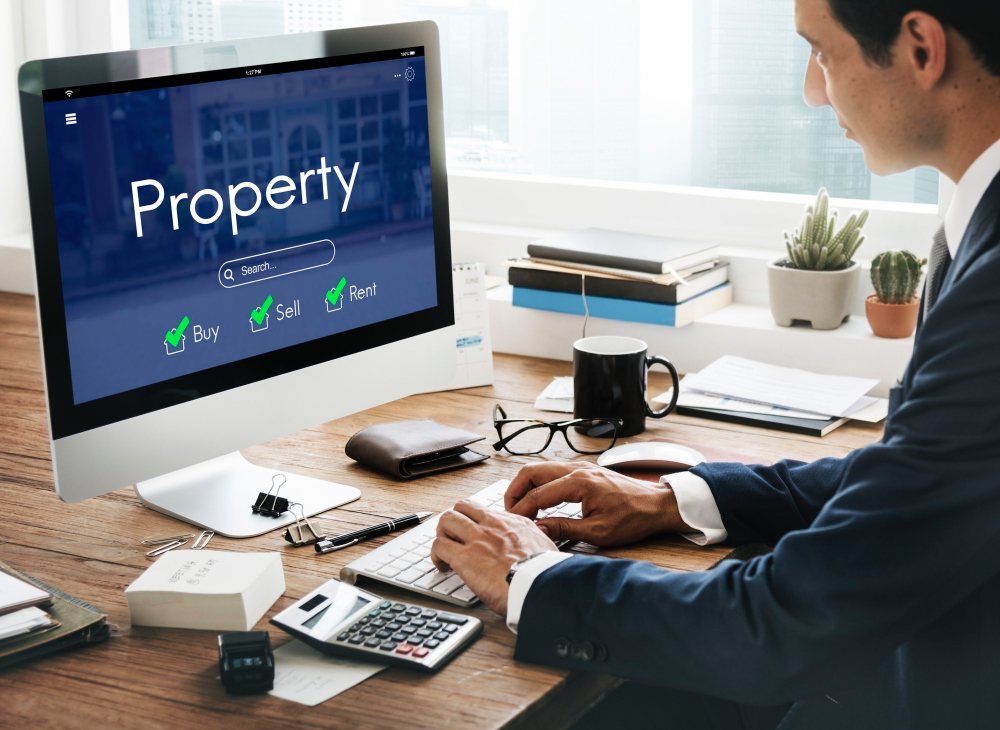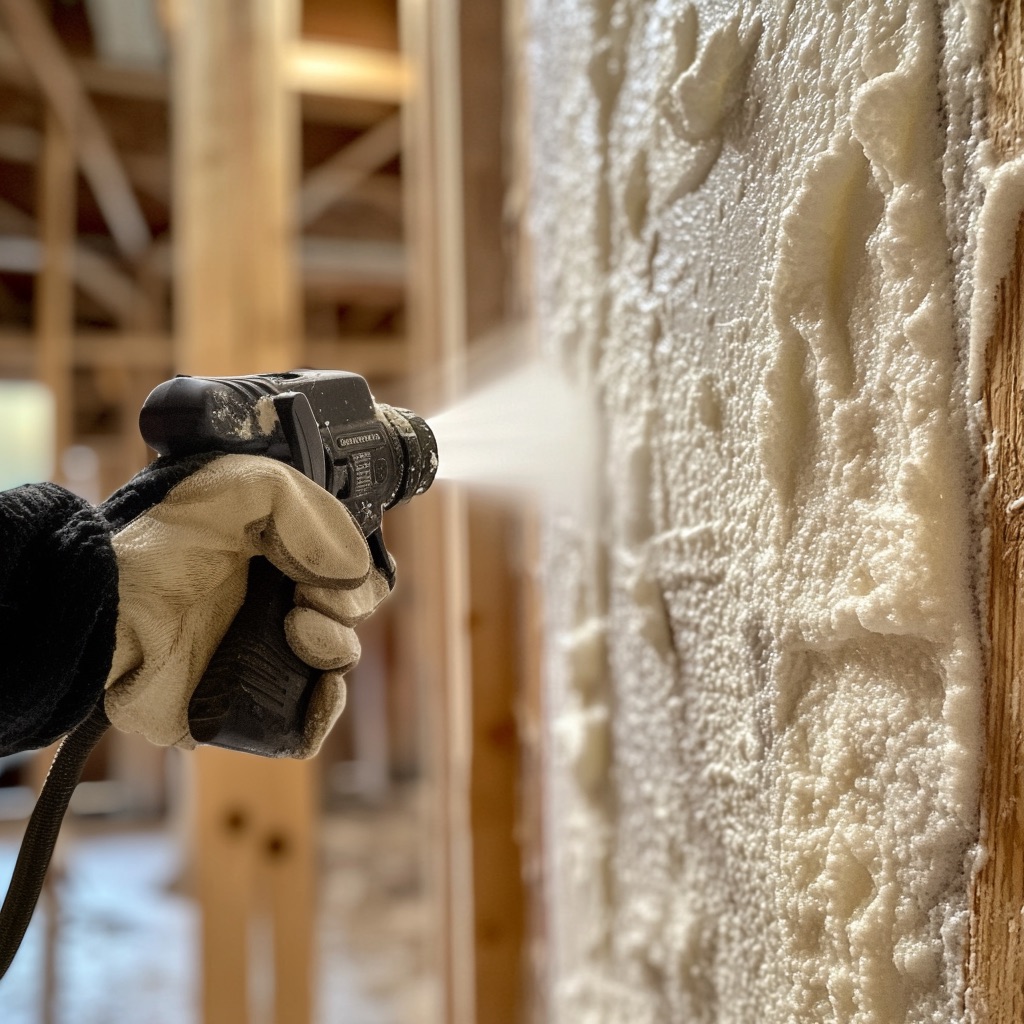Property management is a multifaceted endeavor that requires a blend of skills, knowledge, and organization. Whether you’re managing residential or commercial properties, the key to success lies in effective management practices.
In this blog post, we’ll explore six tips for effective property management that can help property owners and managers streamline operations, enhance tenant satisfaction, and maximize profitability.
The Power of Property Management Software

Property management software, coupled with integration with QuickBooks, has revolutionized the way real estate professionals oversee their properties, streamlining processes and enhancing efficiency. Utilizing this software with the integration with QuickBooks offers a plethora of benefits, making it an indispensable tool in today’s competitive market.
Firstly, such software enables comprehensive organization by centralizing all property-related data, including tenant information, lease agreements, maintenance requests, and financial records, into one accessible platform. This consolidation simplifies tasks like rent collection and lease renewals, reducing the likelihood of errors and oversights.
Moreover, these platforms often feature automated reminders and notifications, ensuring crucial deadlines are never missed. Additionally, property management software facilitates effective communication between landlords, tenants, and maintenance personnel through integrated messaging systems, fostering transparency and prompt issue resolution.
Furthermore, many of these tools offer analytics and reporting functionalities, empowering property managers to make informed decisions based on real-time data insights. Overall, investing in property management software with QuickBooks integration is a strategic decision that enhances operational efficiency, improves tenant satisfaction, and ultimately maximizes profitability in the long run.
Prioritize Clear Communication
Clear communication is the cornerstone of successful property management. Establishing open lines of communication with tenants, contractors, and other stakeholders is essential for addressing issues promptly and fostering positive relationships. Implementing communication channels such as email, phone hotlines, or online portals can facilitate efficient interaction between parties.
Additionally, regular updates and newsletters can keep tenants informed about property policies, maintenance schedules, and upcoming events. By prioritizing clear communication, property managers can prevent misunderstandings, resolve disputes effectively, and maintain tenant satisfaction.
Implement Robust Maintenance Procedures

Maintaining the physical condition of properties is crucial for preserving their value and attracting tenants. Implementing robust maintenance procedures ensures that properties remain in optimal condition and minimizes the risk of costly repairs down the line.
Property managers should develop a comprehensive maintenance plan that includes regular inspections, preventive maintenance tasks, and prompt resolution of repair requests.
Furthermore, leveraging technology such as property management software can streamline maintenance operations by enabling managers to schedule tasks, track work orders, and communicate with maintenance staff efficiently. By prioritizing proactive maintenance, property managers can prolong the lifespan of assets and create a positive living or working environment for tenants.
Foster Tenant Engagement and Retention
Tenant turnover can be costly and disruptive for property owners, making tenant engagement and retention a top priority for effective property management. Fostering a sense of community and belonging among tenants can increase satisfaction and loyalty, reducing the likelihood of turnover.
Property managers can organize social events, community activities, and tenant appreciation initiatives to strengthen relationships and encourage retention.
Additionally, promptly addressing tenant concerns and providing exceptional customer service can enhance tenant satisfaction and increase the likelihood of lease renewals. By prioritizing tenant engagement and retention, property managers can minimize vacancies, stabilize cash flow, and maximize long-term profitability.
Stay Informed about Legal and Regulatory Compliance
Property management is subject to various legal and regulatory requirements that vary depending on location and property type. Staying informed about relevant laws, regulations, and industry standards is essential for ensuring compliance and mitigating legal risks.
Property managers should regularly review lease agreements, local ordinances, and housing regulations to stay abreast of changes that may impact their operations.
Moreover, seeking professional legal counsel or joining industry associations can provide valuable guidance and resources for navigating complex legal issues. By prioritizing compliance, property managers can avoid costly penalties, lawsuits, and reputational damage, safeguarding the interests of both owners and tenants.
Cultivate Professional Development and Networking
Continuous learning and professional development are essential for property managers to stay updated on industry trends, best practices, and emerging technologies. Investing in training programs, certifications, and conferences can enhance skills and expand knowledge, enabling property managers to deliver superior service and drive performance.
Moreover, networking with peers, industry experts, and service providers can provide valuable insights, opportunities for collaboration, and access to resources. Joining professional organizations such as the Institute of Real Estate Management (IREM) or the National Association of Residential Property Managers (NARPM) can facilitate networking and professional growth.
Effective property management requires a combination of strategic planning, proactive execution, and continuous improvement. By prioritizing clear communication, robust maintenance procedures, tenant engagement, compliance, technology adoption, and professional development, property managers can optimize operations, enhance tenant satisfaction, and maximize returns on investment.
By following these six tips, property owners and managers can navigate the complexities of property management with confidence and achieve long-term success.
Recap




